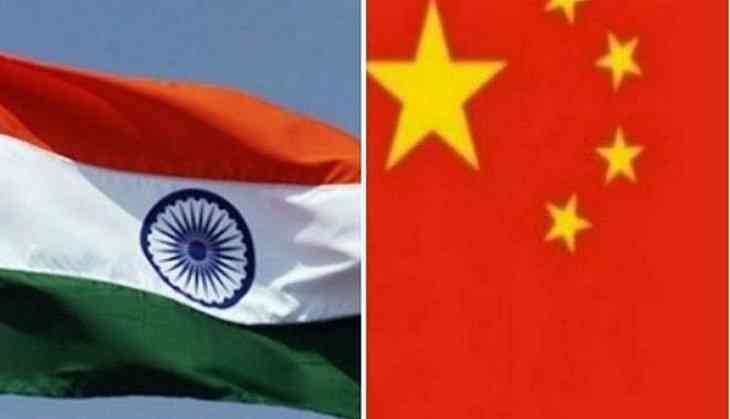
Military commanders of both India and china sat down for another round of discussions on Sunday intending to alleviate heightened tension along the south bank of Pangong Tso, which broke out following the Indian army per-empted intrusions by Chinese army on 29-31 August.
The brigade commander level discussions were the seventh of its kind in succession that started last Monday after Beijing’s attempt to open a new front in the present military face-off with India.
However, like it came off the past week, the discussion of Sunday also concluded unsettled, a person privy of the development stated.
The talks came two days after the India’s defence minister Rajnath Singh met his Chinese counterpart in Moscow on sidelines of regional conference of diffence ministers. That was the first direct confrontation in the political level between the two heavyweights since tension began in May after India found out intrusions by soldiers of the People’s Liberation Army of China at multiple locations along the Line of Actual Control (LAC) in the Ladakh.
This envolved an encroachment on the north bank of Pangong Tso along the Finger area. Tensions between the two nations culminated after a face-off at Galwan in June in which 20 Indian soldiers and an unspecified number of Chinese military personnel lost their lives.
Sevveral rounds of discussions at the military and diplomatic levels have not been able to pull off a breakthrough on disengagement and de-escalation.
With the Singh-Wei meeting on Friday not providing a clear way forward, all focus are on a meeting between Indian foreign minister S. Jaishankar and his Chinese counterpart Wang Yi, in Moscow this week.
Officials in New Delhi were not prepared to hazard a guess about the consequence of the discussions on Sunday. An official cited both the Indian and Chinese statements put out separately after Friday’s talks talking of keeping the channels of communication open.
Furthermore the official also said that the Singh-Wei talks had been solicited by the Chinese side, which analysts such as Srikanth Kondapalli, a professor of Chinese Studies at the New Delhi-based Jawaharlal Nehru University (JNU), saw as a possible indication that Beijing could considering a settlement. Considering that China had challenges on the India border, besides the South China Sea, the Taiwan Straits and on the Senkaku Islands with Japan, “there could be a window of opportunity for a compromise," Kondapalli said. “But that process would need to be initiated by China," he said
thus far, militarily, New Delhi was all set for the “long haul", which involves ensuring troops supported by the Indian Air Force (IAF) staying along its border with China not only in Ladakh but in Sikkim and Arunachal Pradesh, as maintained by two people familiar with the matter.
Also Read: India-China Border Tension: Both countries should take concrete measures to safeguard peace at LAC


